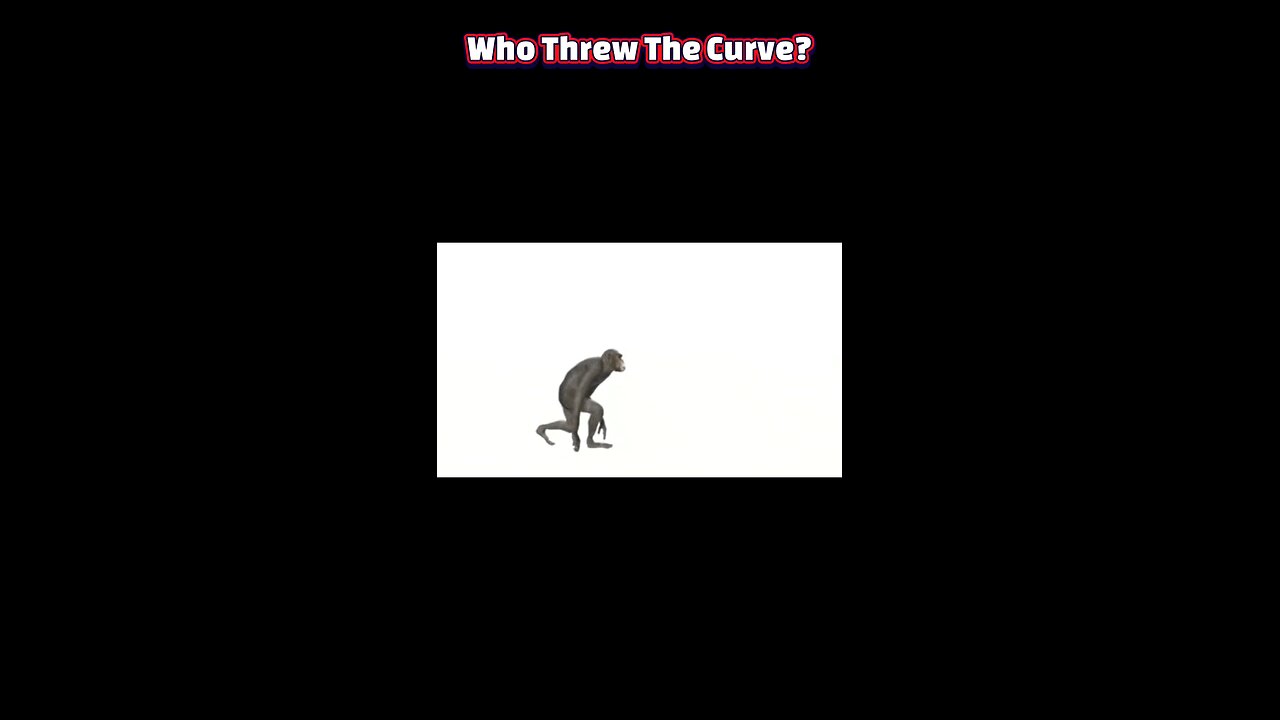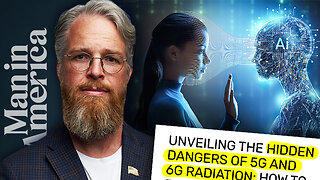Premium Only Content

5 Years to the Singularity: Humanity’s Point of No Return
#Singularity #AI #FutureTech #ArtificialIntelligence #TechTrends #Humanity #ExponentialGrowth #Futurism #AIRevolution #NextBigThing
Hook & Context
For decades, the concept of the “technological singularity” has lingered at the edges of science fiction and futurist debate, a theoretical point where artificial intelligence surpasses human cognitive ability, triggering exponential and unpredictable technological change. Once dismissed as a distant possibility, recent data trends suggest it may no longer be a far‑flung dream or nightmare. If current advancements in AI capabilities, computational power, and self‑optimizing algorithms continue to accelerate at their present pace, the horizon for the singularity may be less than half a decade away.
The Acceleration Curve
Historically, each major technological breakthrough built incrementally on the last. But AI’s growth curve isn’t linear, it’s exponential. Innovations like large‑scale neural networks, multi‑modal learning systems, and autonomous AI agents are evolving with each iteration, often outpacing predictions made just a year prior. Coupled with surging investment, global competition, and open‑source collaboration, these forces are compounding in a feedback loop that speeds progress in a way human history has never witnessed.
Signals of Approaching Singularity
Key indicators hint at a narrowing gap between human and machine intelligence. AI systems are beginning to demonstrate emergent reasoning capabilities, tackle complex creative tasks, and learn with minimal supervision. In parallel, brain‑computer interfaces are evolving from lab experiments to consumer‑grade prototypes, and quantum computing is edging closer to mainstream viability. These overlapping technological frontiers suggest that what once seemed speculative, machines matching, then rapidly exceeding, human intelligence, could materialize with startling abruptness.
Potential Implications
The singularity’s arrival would be transformative, but its exact impact is impossible to forecast. It could unlock unimaginable solutions to climate change, disease, and poverty, yet also introduce unprecedented risks, from destabilizing economies to eroding human agency. Ethical governance, safety protocols, and robust alignment between human values and AI goals would become urgent priorities, not optional considerations. The stakes would be nothing less than the trajectory of civilization itself.
Closing Reflection
Whether in five years or fifty, the singularity is no longer a fringe hypothesis. The trends are measurable, the breakthroughs tangible, and the pace relentless. Humanity stands on the precipice of a leap that will redefine what it means to be intelligent, creative, and alive. The question is not only whether we will reach that point soon, but whether we will be ready when we do.
-
 1:17:00
1:17:00
Man in America
11 hours ago6G Is Coming — And Your Body Will Be Part of the AI-Run Network w/ Kim Bright
227K45 -
 1:32:57
1:32:57
Inverted World Live
10 hours agoAttack of the Radioactive Fog in L.A. | Ep. 156
80.3K10 -
 3:42:12
3:42:12
Turning Point USA
13 hours agoLIVE NOW - AMFEST IS BACK - ERIKA KIRK, MICHAEL KNOWLES, TUCKER CARLSON, BEN SHAPIRO & RUSSELL BRAND
531K201 -
 2:39:04
2:39:04
TimcastIRL
8 hours agoMarijuana LEGALIZATION IS COMING, Trump Orders Weed To Schedule 3 In HUGE Move | Timcast IRL
113K89 -
 2:02:44
2:02:44
megimu32
7 hours agoON THE SUBJECT: CHRISTMAS CORE MEMORIES
42K6 -
 2:16:09
2:16:09
DLDAfterDark
6 hours ago $4.26 earnedThe Very Merry HotDog Waffle Christmas Stream! Gun Talk - God, Guns, and Gear
36K7 -
 1:19:51
1:19:51
Tundra Tactical
17 hours ago $15.21 earnedThursday Night Gun Fun!!! The Worlds Okayest Gun Show
58.3K -
 55:11
55:11
Sarah Westall
1 day agoHumanity Unchained: The Awakening of the Divine Feminine & Masculine w/ Dr. Brianna Ladapo
46.8K4 -
 1:42:41
1:42:41
Glenn Greenwald
12 hours agoReaction to Trump's Primetime Speech; Coldplay "Adultery" Couple Reappears for More Shame; Australia and the UK Obey Israel's Censorship Demands | SYSTEM UPDATE #560
155K96 -
 2:46:41
2:46:41
Barry Cunningham
10 hours agoBREAKING NEWS: President Trump Signs The National Defense Authorization Act | More News!
65K32